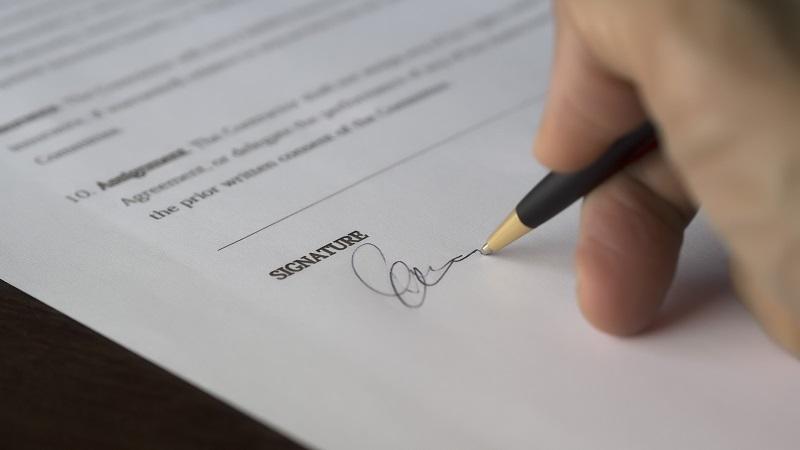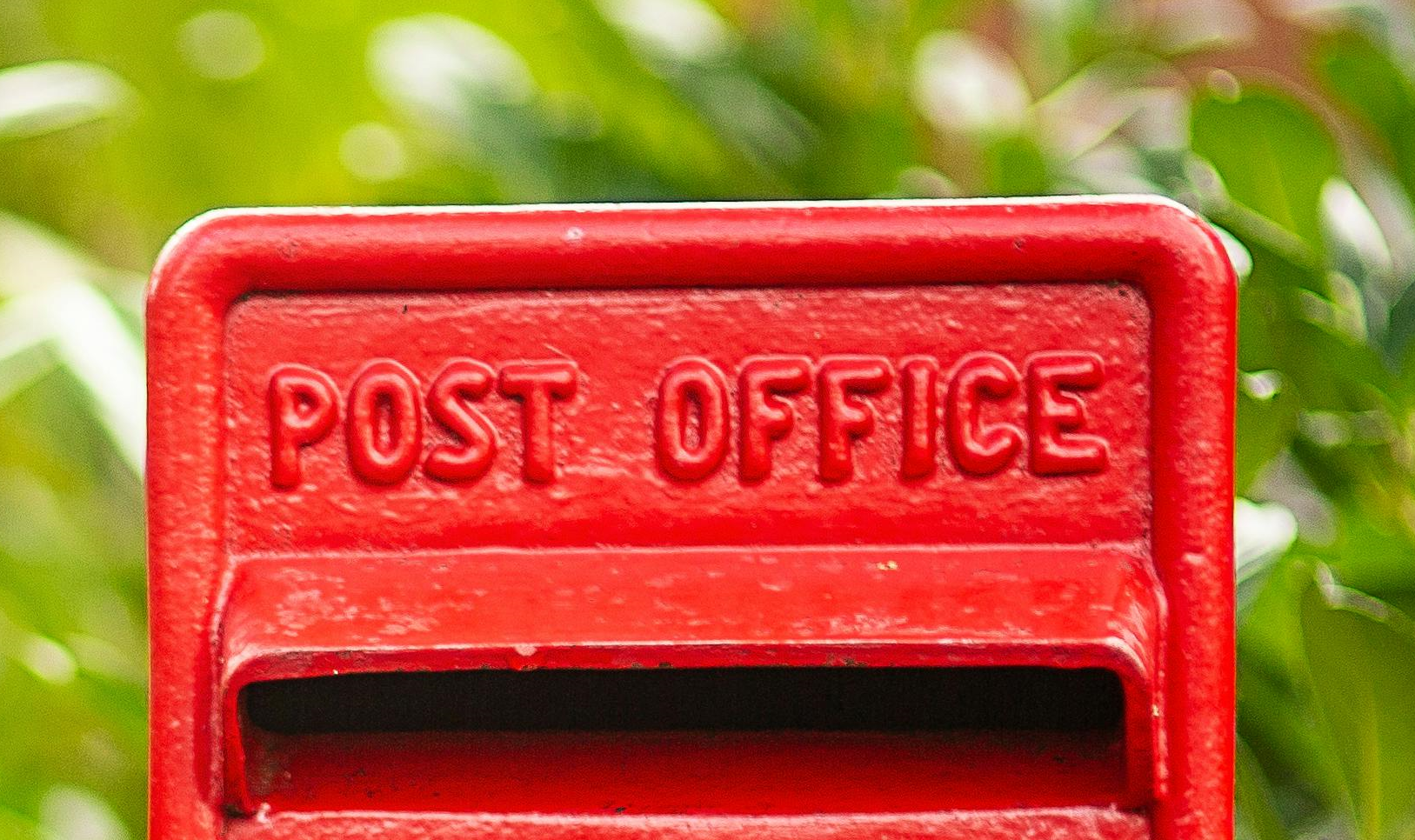Prime minister’s spokesperson claims government is examining ‘the role Google and Facebook play in the news environment’
Social sites that fail to remove obscene or inflammatory content could face legal action if they are reclassified as publishers Credit: PA
Ministers are looking at categorising giants such as Facebook and Google as publications rather than communication companies, binding them to a set of strict rules for the content of their sites.
The move, which could see firms sued for failing to address racist, sexist, terrorist material and child pornography on their platforms, comes amid fears that young people are increasingly in danger through their use of the internet.
Last night, a spokesman for Theresa May confirmed that ministers are looking at changing the law, following criticism of businesses from the chairman of media regulator Ofcom for failing to control their platforms.
“We are looking at the role Google and Facebook play in the news environment as part of the digital charter,” they said. “We will look carefully at the roles, responsibilities and legal status of the major internet platforms.”
Related content
- Prime minister tells tech giants to remove terrorist content within two hours or face penalties
- Report suggests Facebook activity could be used for online identity verification
- Care Quality Commission to trawl Facebook and Twitter for hospital complaints
Addressing MPs at the digital, culture, media and sport committee of MPs in Parliament yesterday, Ofcom chief Dame Patricia Hodgson said: “Those particular distribution systems [Facebook, etc] are not within Ofcom’s responsibility but we feel very strongly about the integrity of news in this country and we are totally supportive of steps that should and need to be taken to improve matters. My personal view is that they are publishers but that is only my personal view, that is not an Ofcom view. As I said Ofcom is simply concerned about the integrity of news and very supportive of the debate and the steps that are being taken.”
Other plans by the Government include consulting platforms on how to promote better education, a new code of practice, a levy on companies and an annual transparency report to track their achievements.
Culture Secretary Karen Bradley said: “We need an approach to the internet that protects everyone without restricting growth and innovation in the digital economy. Our ideas are ambitious – and rightly so. Collaboratively, government, industry, parents and communities can keep citizens safe online, but only by working together.”
This article originally appeared on PublicTechnology sister publication PoliticsHome



